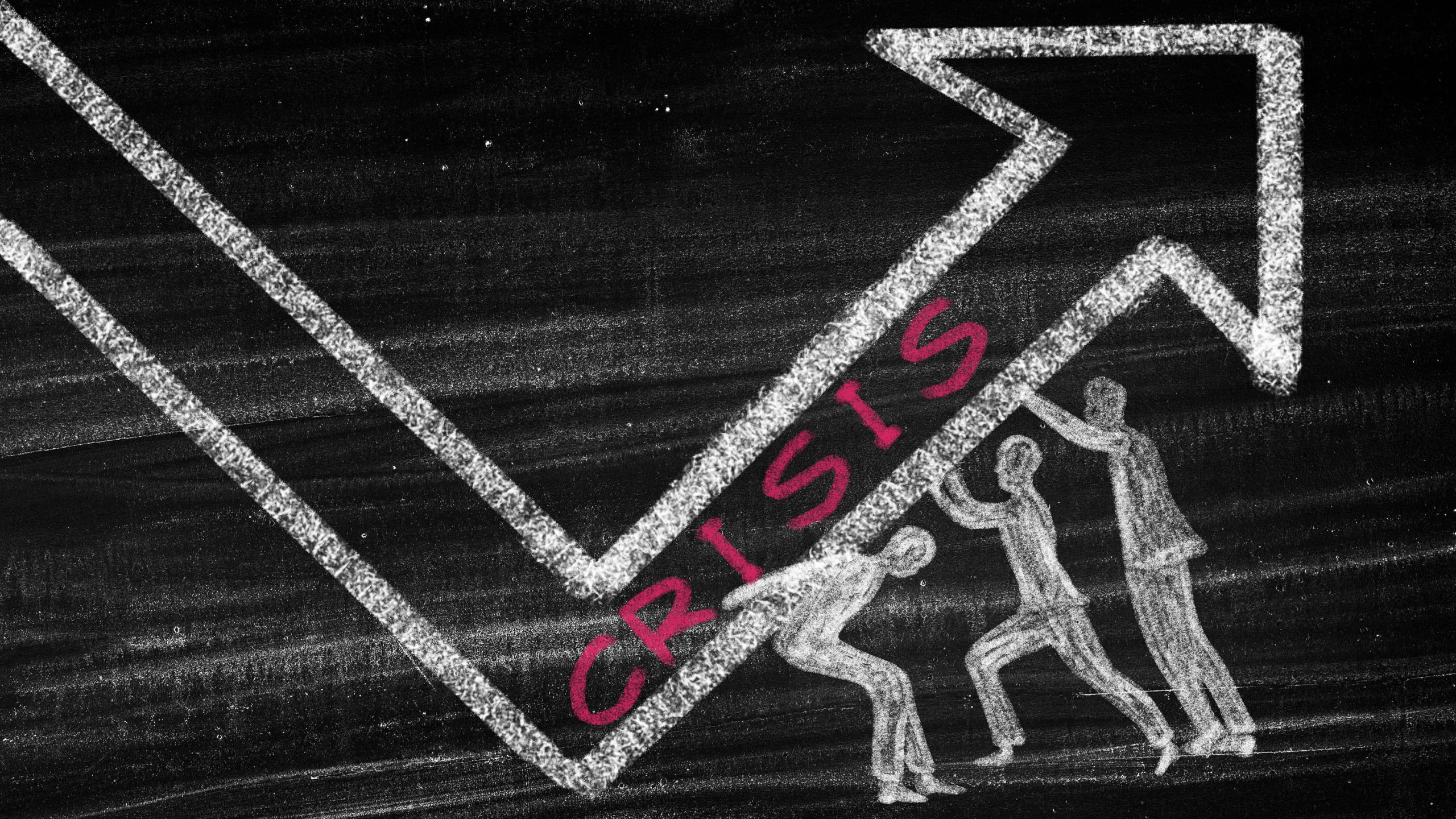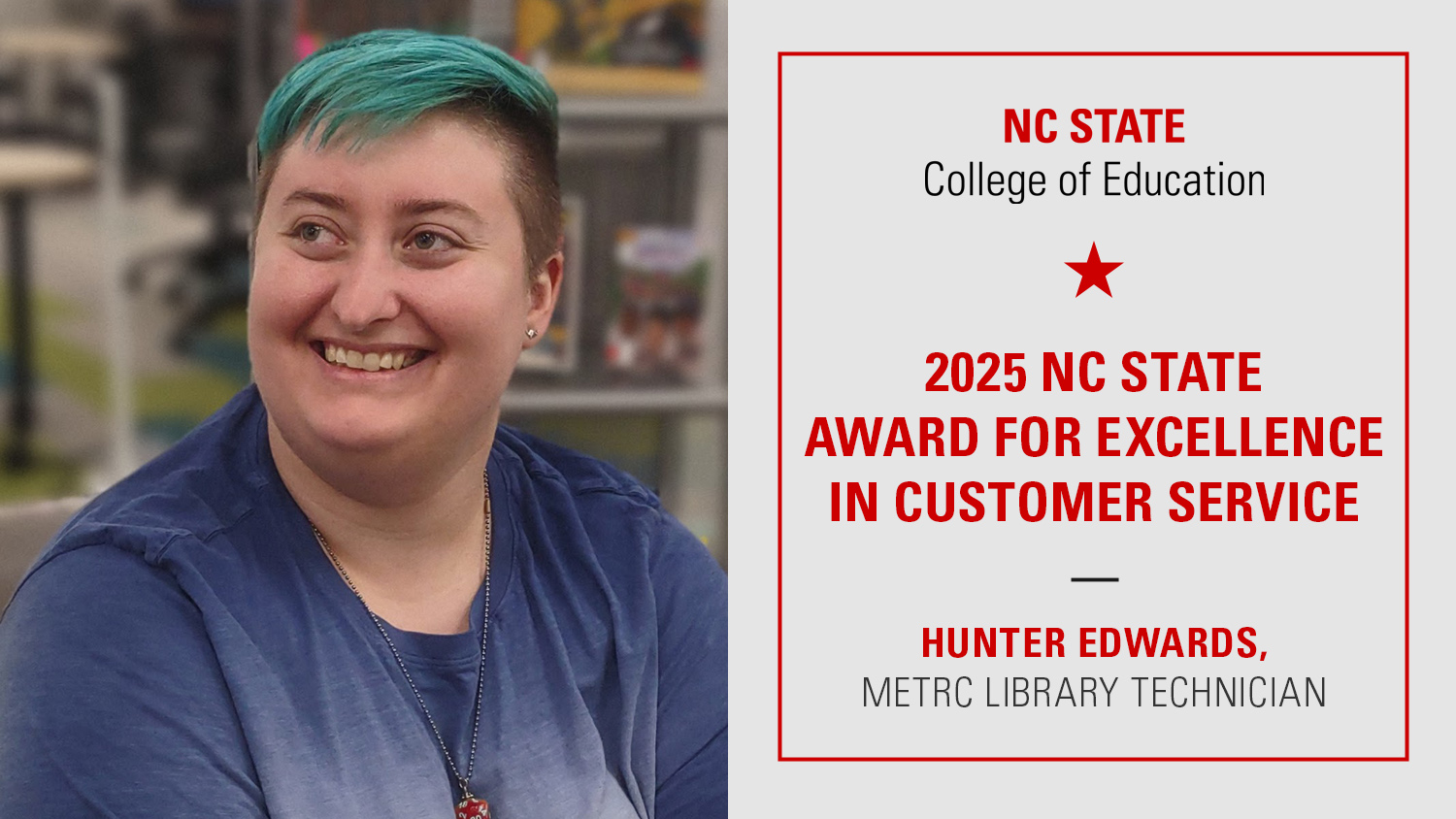Leading Through A Crisis: Former North Carolina Superintendent for Public Instruction Michael Ward ’77BS, ’81MS, ’93EDD Shares Tips for Education Leaders Amid the Coronavirus (COVID-19) Outbreak

Former North Carolina Superintendent for Public Instruction and current NC State College of Education Board Chair and Professor of Practice in Educational Leadership Michael Ward ’77BS, ’81MS, ’93EDD has served as a leader in the field of education for more than 40 years. During his career, he has dealt with a number of challenges and crises, including leading the state’s K-12 education system during Hurricane Floyd, the Columbine High School shooting and the 9/11 terrorist attacks.
Ward has also been a researcher and has advised educators and policymakers on lessons learned from disasters like Hurricanes Katrina and Florence. As a professor of practice in educational leadership, he has provided synchronous online courses since 2007.
Through a series of articles, Ward shares lessons learned and useful practices for leading during a crisis, including the current coronavirus (COVID-19) outbreak:
- How to Attend to the Challenges at Hand: Lessons from Hurricanes Katrina and Floyd
- Useful Practices for Leading Amid the Coronavirus (COVID-19) Outbreak
- For Educators Who Have Moved to Online Classroom Instruction
- Coping with Students’ Anxiety and Fea
How to Attend to the Challenges at Hand: Lessons from Hurricanes Katrina and Floyd
Rapid restoration of a normal learning environment. “When you restore a normal learning environment, it provides a greater sense of security to kids that things are getting back to the way they’re ‘supposed to be.’ It’s also a benefit to families and parents. When kids are back in school and in the care of adults who are invested in the well-being of their children, moms and dads are free to attend to the aftermath of the crises themselves.”
[spotlight-box label=”” img=”32755″ align=”right” heading=”Providing Support During COVID-19″ cta=”Visit the COVID-19 Tips and Resources Page” url=”https://ced.ncsu.edu/news-new/coronavirus-college-updates/resources-for-covid-19/”]The NC State College of Education is committed to supporting educators, students and parents as they teach and learn remotely during the coronavirus (COVID-19) pandemic. To help with this, we have created a page dedicated to providing tips and resources to ease the transition to at-home learning[/spotlight-box]
Inability to find and connect with kids and families. “It’s really important to have communication trees. Have comprehensive and up-to-date contact information for staff members and for students and their families. Have online and other kinds of check-in processes so that you and your colleagues and supervisors are able to be in touch with one another. And the same is true for kids.”
Displacement. “The kids most likely to be displaced for the longest are often the kids who are already living at the margins, socioeconomically or otherwise. And it’s often the kids who are already having difficulty in school. Displacement of kids, staff and families is a challenge.”
Most vulnerable suffer more. “These kinds of crises impact a lot of people, but those who suffer the most are the folks who are already vulnerable. The kids who are already having difficulty at school, behaviorally and academically, are the ones who suffer the most.”
Gaps in attainment become even more pronounced. “If school leaders and policymakers are not thoughtful in the lead-up to and in the aftermath of crises, gaps that already exist are going to be exacerbated.”
Read more from the Leading Through A Crisis series:
- Categories:


